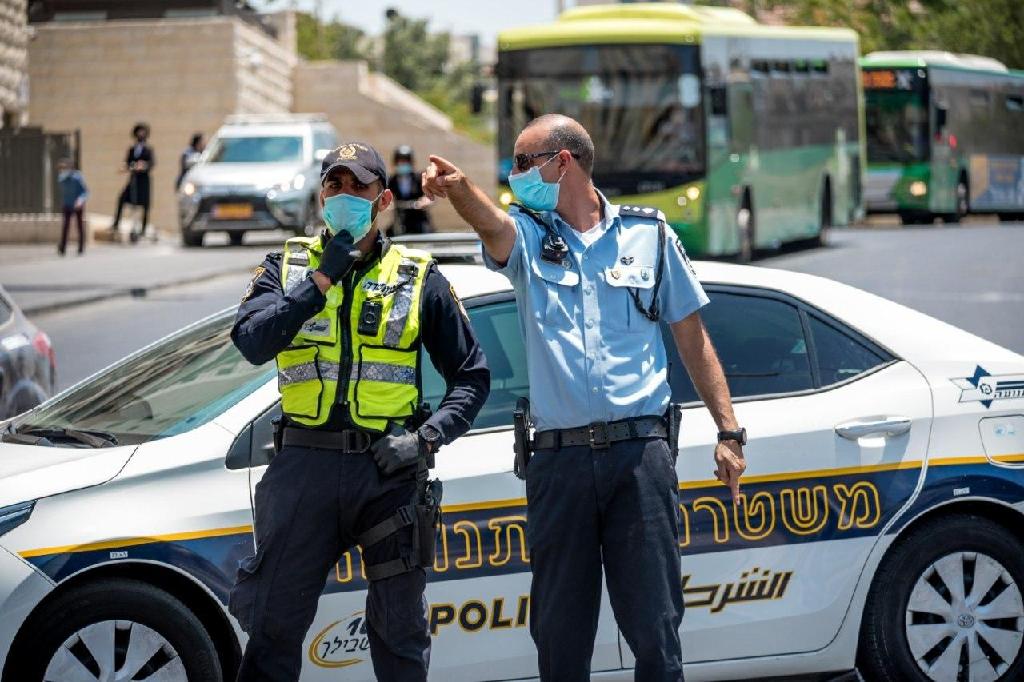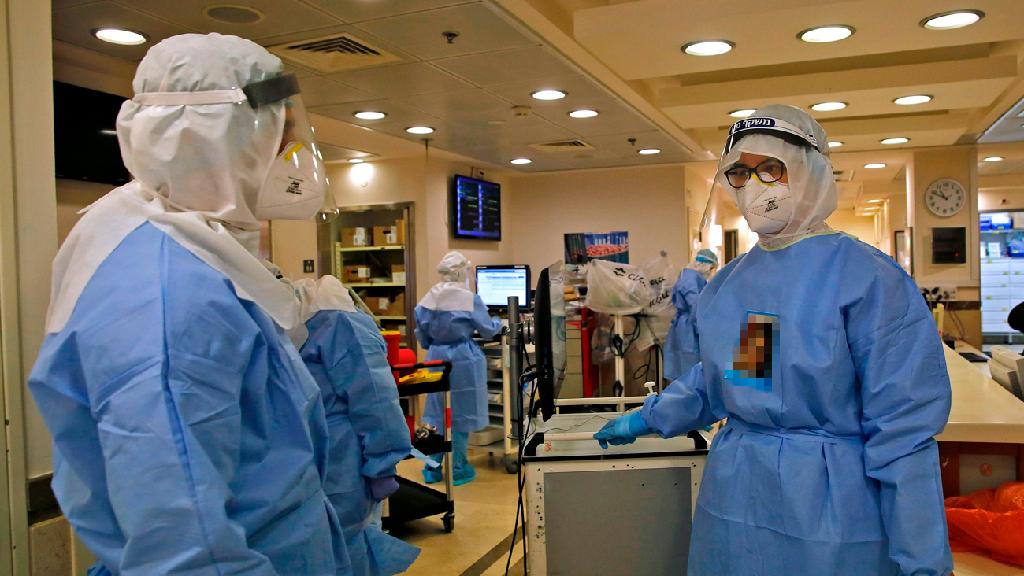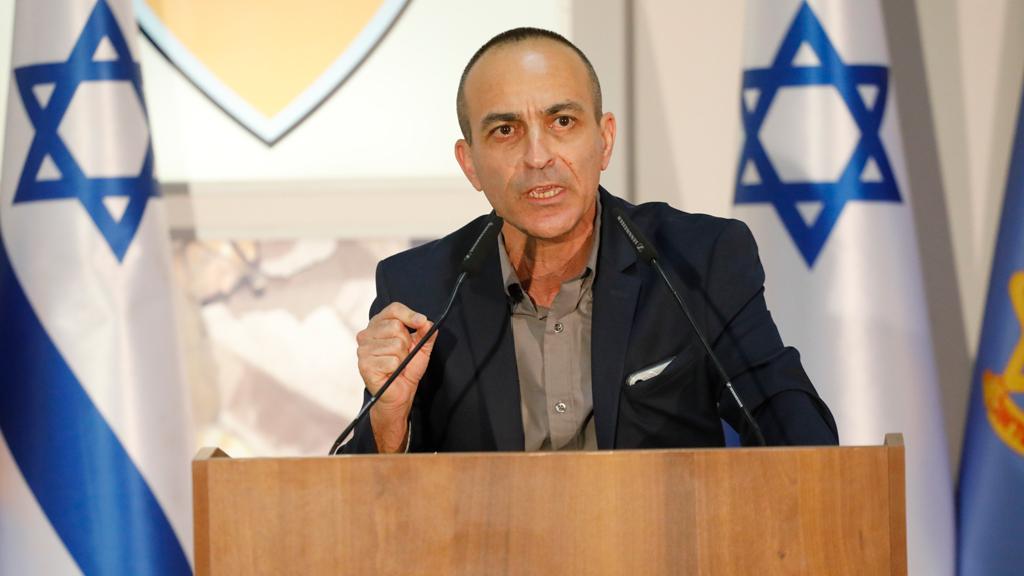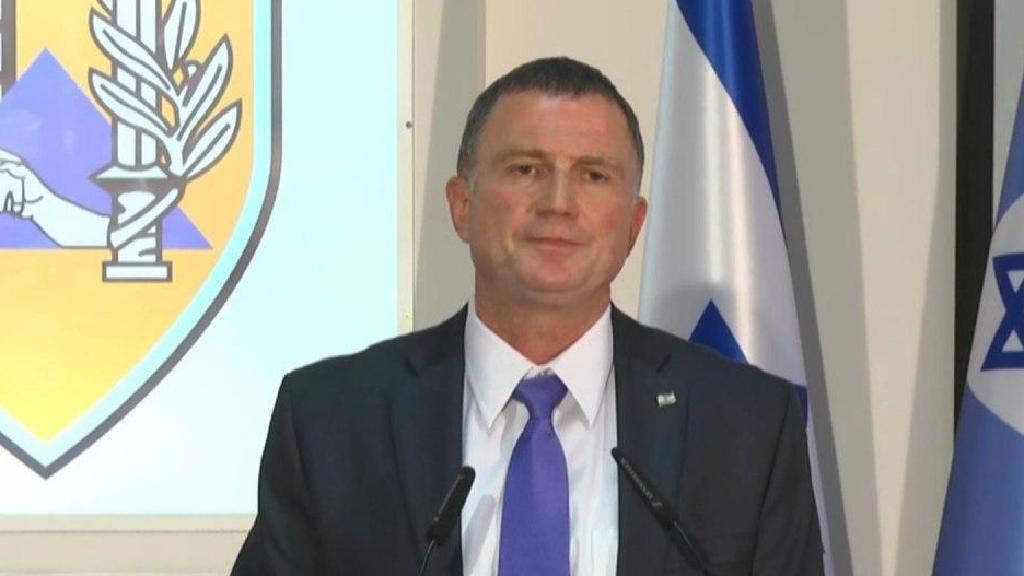Getting your Trinity Audio player ready...
Israel's cabinet was set to met Thursday evening to approve measures to mitigate the spread of coronavirus during the month of High Holidays beginning with the Jewish New Year next Friday and ending on October 9 with the final day of Sukkot.
The meeting follows a series of discussions throughout the day on the issue, beginning with a Thursday morning debate held by Prime Minister Benjamin Netanyahu and a number of ministers.
Some present expressed support for a full lockdown during the holiday season and said that Netanyahu did not object to the measure.
That discussion was followed by a meeting of the coronovirus cabinet to decide on the preferred proposals before presenting them for the approval of the full cabinet.
Coronavirus czar Prof. Ronni Gamzu presented the cabinet with four options for closure of varying degrees and duration.
He said that he recommended limiting travel between cities during the holidays themselves - from 5am on the eve of the holiday until 5am on the day after the holiday ends. He also called for restrictions on gatherings throughout the period as though every area of the country were experiencing high levels of infection.
Restaurants, leisure and entertainment centers, shopping malls, domestic tourism sites, commercial centers and businesses with public interaction would be closed. In addition, the education system would be closed throughout the period, except for distance learning.
Israel saw 3,904 new coronavirus infections on Wednesday - a daily record high for the country. There were also 405 new diagnoses between midnight and 7:30 am Thursday. The national death toll for COVID-19 has now reached 1,054.
"Closure is a necessary step," Gamzu said ahead of the cabinet meeting Thursday. "The healthcare system is crying out."
Also Thursday, Health Minister Yuli Edelstein called for a full lockdown across Israel during the High Holidays.
Edelstein, who is currently in self-quarantine after coming into contact with an infected person, was expected to support the plan at the Thursday afternoon meeting.
"Closure was the easy solution in the beginning," Edelstein told Ynet on Thursday morning.
"We have to stop the disease; there is no choice but to consider a closure that will be accompanied by both strict enforcement and public compliance with all guidelines and restrictions," he said.
A report released Thursday by Coronavirus National Information and Knowledge Center also calls for a full lockdown on the grounds that this is the only way to bring down morbidity in a reasonable time frame.
The report by the center, which operates under the auspices of the Health Ministry and run by Military Intelligence, says that closure has shown itself to be an effective way of lowering morbidity.
"As a way of reducing the rate of infection, closure is a proven tool - when it lasts for long enough and the conditions for its implementation are met (the ability of the people to cope under restrictions of movement and distance and their willingness to abide by them)," the report said.
"In most cases worldwide, morbidity has dropped to desired levels after a few weeks. However, this length of time, with restrictions on movement, also exacts a high price on the local society and economy," it said.
4 View gallery


Police enforcing lockdown in a Jerusalem neighborhood earlier this year
(Photo: Yoav Dudkevitch)
The report also stressed that the sooner such measures are implemented, the lower the death toll and the quicker morbidity levels can be lowered.
Meanwhile, Health Ministry Director-General Prof. Hezi Levy called Thursday for "more drastic" measures to curb the spread of coronavirus.
"Given the situation in which we find ourselves we must shut down activity for a limited period, with every hardship that entails," Levy told Ynet.
"We are reaching 4,000 infections a day, what do we want to get to?"
Levy said that Israel must "do something more drastic" than the current steps being taken.
First published: 14:30, 09.10.20




